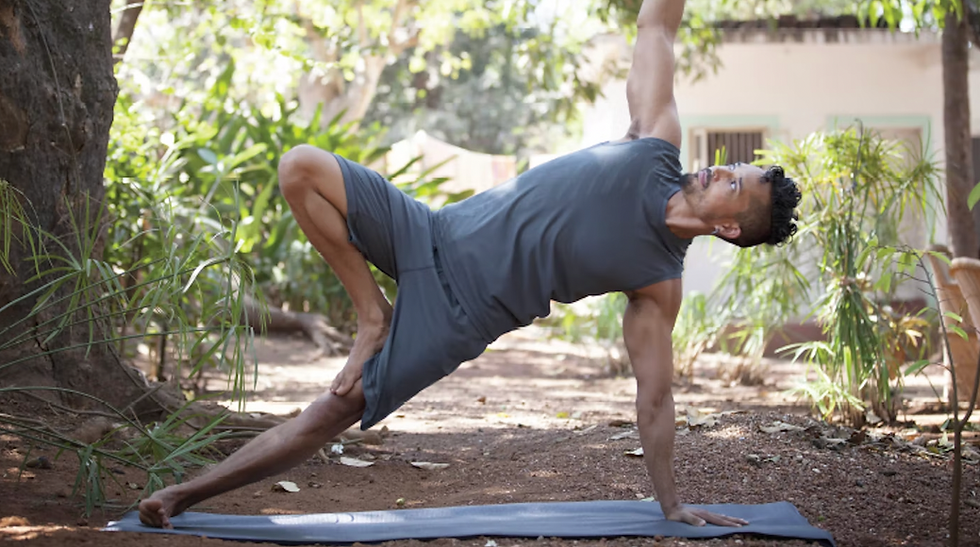Correcting Posture for Better Health: A Manual Medicine Approach to Visceral Organ Function
- AYURMA

- May 23, 2024
- 2 min read
Updated: Jul 1, 2025
By Dr. Vikas Sharma, Manual Medicine Practitioner and Visiting Master at AyurMa
In manual medicine, a field that encompasses various hands-on therapeutic approaches, practitioners such as osteopaths, chiropractors, and physical therapists recognize that the body's systems are interconnected. A key aspect of this is posture, which plays a critical role in maintaining optimal health.

Manual Medicine Techniques and Their Effects
Restoring Structural Alignment Manual medicine practitioners focus on restoring proper alignment and function to the musculoskeletal system. Poor posture can lead to misalignments in the spine and pelvis, which, in turn, can affect the position and mobility of visceral organs. For example, a forward head posture or rounded shoulders can create tension in the neck and upper back, potentially compressing the thoracic organs and impairing their function.
Easing Fascial Connections The fascia, a network of connective tissue that surrounds muscles, organs, and other structures, plays a significant role in maintaining the structural and functional integrity of the body. Poor posture can lead to fascial restrictions and adhesions, affecting organ mobility and positioning. Manual techniques such as myofascial release and visceral manipulation aim to address these restrictions and restore optimal function to the affected organs.
Reducing Nerve Tension The nervous system regulates the function of visceral organs through a complex network of nerves known as the autonomic nervous system (ANS). Incorrect posture can create tension and compression in the nerves, disrupting visceral organ function. Manual therapies such as spinal manipulation and nerve mobilisation can help alleviate these nerve-related issues, restoring proper communication between the nervous system and the organs.
Improving Blood Flow Postural imbalances can also affect blood flow to visceral organs. Compression of blood vessels due to poor posture may lead to decreased perfusion (blood flow to tissues) and oxygenation of tissues, compromising the health and function of the affected organs. Manual techniques aimed at improving circulation, such as soft tissue mobilisation and lymphatic drainage, can help alleviate vascular restrictions and support optimal organ function.
Optimizing Movement Manual medicine practitioners not only consider the structural aspects of posture but also how it affects the body’s functions. Poor posture can alter the biomechanics of movement and breathing, affecting the ability of visceral organs to perform their essential functions. Manual therapies often incorporate movement re-education and postural correction exercises to address these functional aspects and promote optimal organ function.
Conclusion
In manual medicine, addressing the impact of poor posture on visceral organs is essential for promoting overall health and well-being. Through targeted techniques that correct alignment, address fascial restrictions, optimize neurological function, improve vascular flow, and address functional movement patterns, manual medicine practitioners can help alleviate the negative effects of poor posture on visceral organ health. This holistic approach, taking into account the interconnectedness of the body's systems, means that manual medicine can play a comprehensive role in supporting optimal posture and enhancing the function of visceral organs.
Dr. Vikas Sharma is in residence as Visiting Master at AyurMa at Four Seasons Resort Maldives at Landaa Giraavaru from April 17 to May 16, 2024. Book your session with him to discover how good posture can optimize your overall well-being.



